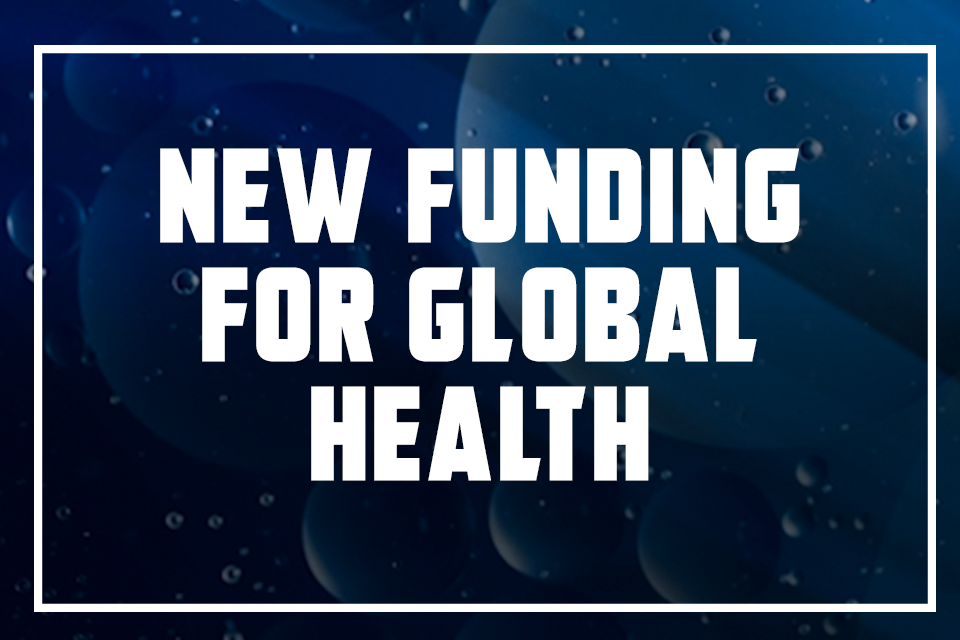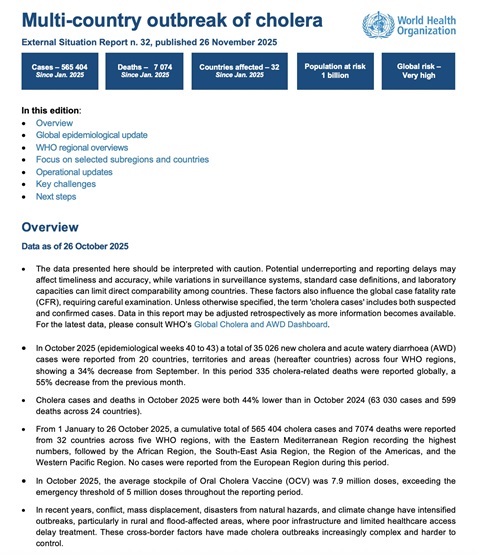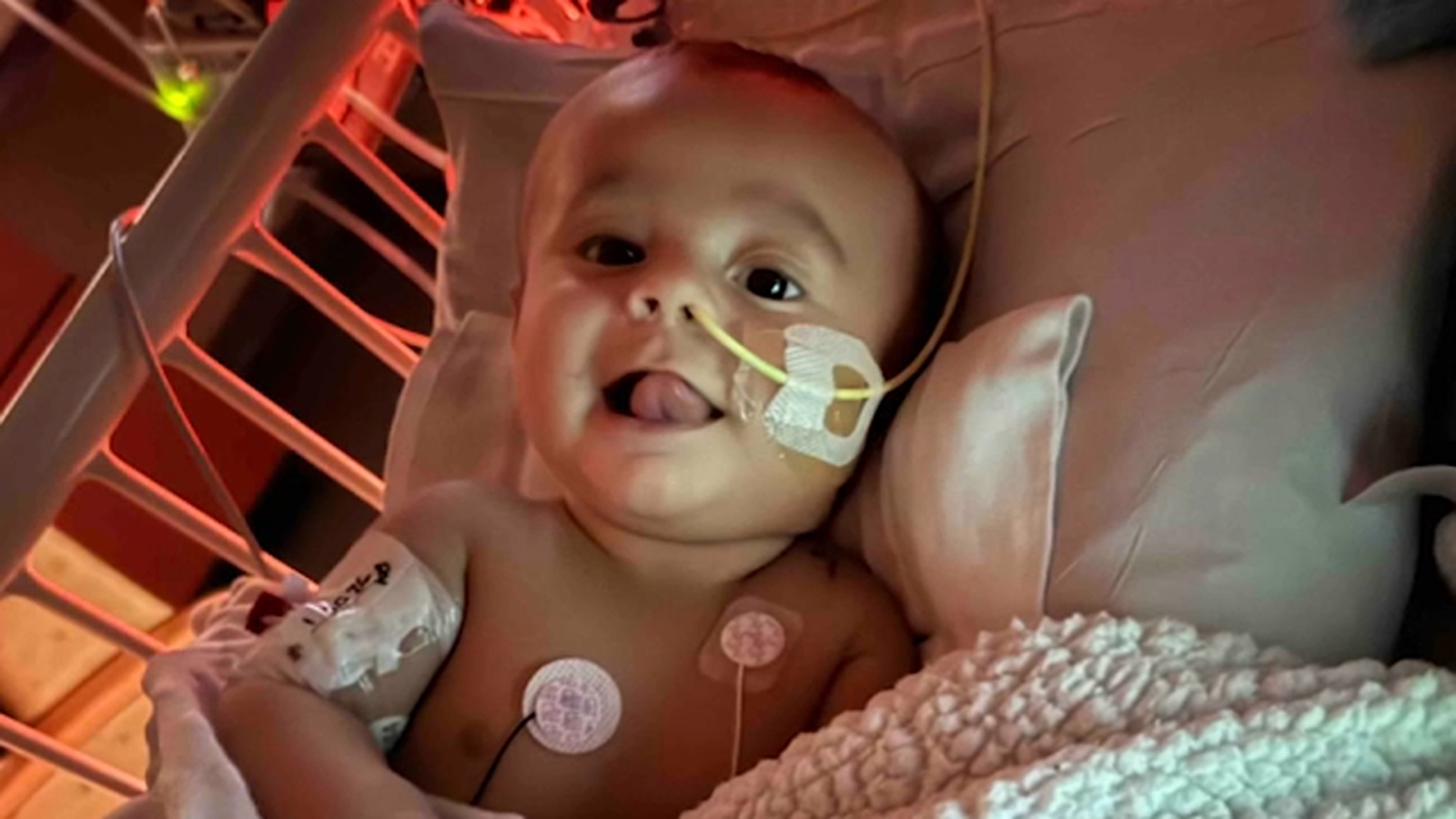United Kingdom global health efforts
This article talks about the UK's commitment to boosting global health efforts.

This article covers the UK's commitment to providing a substantial boost in support of global health efforts. The UK's announcment had a few key points. They pledged to provide increased financial and technical assistance to global health initiatives. Some emphasized areas were combatting infectious diseases, improving access to healthcare services, and strengthening health systems. The UK is committing long term to working with global health agencies to tackle health challenges.
UK announces “transformational” support to boost global
health at the UK General Assembly
New UK funding will help achieve UN Sustainable Development Goals by boosting health security and improving health and wellbeing around the world.
From:Foreign, Commonwealth & Development Office, Department of Health and Social Care, Will Quince MP, and The Rt Hon James Cleverly MP
- new UK government funding will help tackle future pandemics, boost research into vaccines and reduce deaths from infectious diseases and end preventable deaths of mothers, new-borns and children
- package shows commitment to helping achieve the UN’s Sustainable Development Goals, a set of key targets to make the world a better place by 2030
- funding announced by UK delegation at United Nations in New York will support resilient and inclusive health systems and help to save lives
The UK is investing in ground-breaking research and development programmes to tackle the world’s most pressing health challenges.
International Development Minister Andrew Mitchell and Health Minister Will Quince announced at a series of health meetings at the UN General Assembly this week how UK scientific expertise will be harnessed to boost health security around the world.
This includes up to £103.5 million for developing affordable new vaccines through the UK Vaccine Network and other health products and treatments which will halt the spread of infectious diseases, as well as programmes to protect women’s sexual and reproductive health and ultimately reduce preventable deaths.
The UK is also supporting research and development into cutting-edge technology to respond quickly to disease outbreaks and improve the health of mothers, babies and children in low- and middle-income countries. Among other things this funding of £295 million will help develop new methods of administering drugs to help ensure life-saving care can reach the most remote-areas.
A further £95 million will be allocated to the Tackling Deadly Diseases in Africa Programme II, which partners with Kenya, Ghana, Uganda, Malawi, Democratic Republic of Congo, World Health Organization and the Africa Centres for Disease Control and Prevention to help detect and tackle future epidemics, drug resistant infections and climate change.
Minister for International Development, Andrew Mitchell said:
The UK is committed to reinvigorating progress towards the Sustainable Development Goals. The UK’s significant support for global health announced at the UN General Assembly this week will be truly transformational in creating more resilient and inclusive health systems worldwide.
Health Minister Will Quince said:
This investment in global health research is vital for saving lives – both at home and abroad.
Vaccines, drugs and diagnostics can help prevent outbreaks in the developing world, while also limiting spread and protecting populations at home.
This UK Vaccine Network investment will help deliver effective and accessible vaccines for populations threatened by infectious diseases and cements the UK’s status as a leader in global health research.
The third goal of the 17 UN Sustainable Development Goals was set up to “ensure healthy lives and promote well-being for all at all ages”.
New research and development funding announced by the UK this week will help partners to prepare for, prevent and respond rapidly to disease outbreaks with pandemic potential, including Ebola.
Investment in new vaccines, drugs, and diagnostics, as well as partnerships, will also allow us to accelerate the availability of a new vaccine or treatment the next time there is a pandemic.
In addition, the UK will also provide £5 million of additional funding to the TB Alliance to support the development and testing of new or improved tuberculosis treatments, including for multi-drug resistant TB, that further reduce the time to cure TB. This will bring our funding for the TB Alliance up to nearly £70 million since 2017.
This week’s UK government health announcements build on our extensive track record of investing in health security through international development. Since 2017, UK-supported efforts have resulted in over 30 new products coming to market, the distribution of more than 1 billion courses of malaria treatments helping to save an estimated 13 million lives, and the development of life-saving diagnostics for diseases like drug-resistant tuberculosis.
Further information
The UK’s health package includes:
- up to £295 million of funding for health research and development partnerships, as part of our commitment to promoting open and collaborative science. This new package of R&D will bolster the world’s ability to respond swiftly and effectively to disease outbreaks, alongside a new research centre focused on the most dangerous infectious diseases. This will support the development of accessible and affordable new vaccines, drugs, medical devices, and diagnostics, and provide the evidence we need to reduce maternal, neonatal, and child mortality in low- and middle-income countries. This includes £80 million from FCDO to the Coalition for Epidemic Preparedness Innovations (CEPI), previously announced
- £5 million of additional funding for the TB Alliance for 2023 to 2024
- up to £103.5 million for the UK Vaccine Network (UKVN) Project to support critical research into combating infectious diseases that cause epidemics in developing countries, and ensure vaccines are accessible to everyone in need. UKVN funding was key for the foundational research and progression of the Oxford-AstraZeneca vaccine, the first in the world that was authorised for COVID-19
- £95 million for a Tackling Deadly Diseases in Africa Programme II to partner with Kenya, Ghana, Uganda, Malawi and Democratic Republic of Congo and strengthen their ability to detect and tackle future epidemics, drug resistant infections and climate change
What is Your Reaction?
 Like
0
Like
0
 Dislike
0
Dislike
0
 Love
0
Love
0
 Funny
0
Funny
0
 Angry
0
Angry
0
 Sad
0
Sad
0
 Wow
0
Wow
0














































































